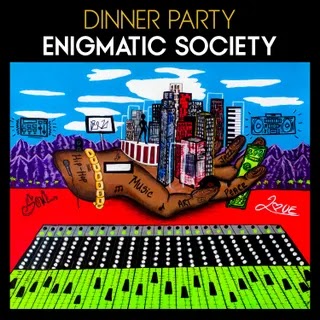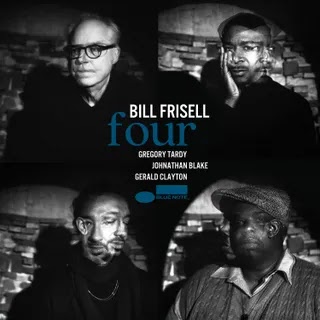The hyper-prolific Los Angeles saxophonist again opens his archive of ambient sketches, cloud-rap beats, and jazz experiments. It’s a far more compact package than last year’s sprawling Fresh Bread.
Sam Gendel’s music is largely wordless, but his sense of humor tends to shine through anyway. Sometimes, it’s evident in the music itself—many of the songs on the Los Angeles saxophonist and producer’s new album SUPERSTORE play like minimalist, mattified updates of the Donkey Kong Country soundtrack. But you most often see it in his song and album titles: strange, jokey phrases and non sequiturs like “Lilriffriff” or “LANDCRUISELIFE” that suggest a penchant for everyday weirdness. SUPERSTORE is no exception: The title implies mass production, sameness, pure function over form. It’s a funny, knowing reference point, in large part because it’s hardly the kind of word you’d associate with Gendel—an artist whose eccentricities and fondness for inscrutability mean that he’s rarely done the same thing twice.
The title does highlight one thing about Gendel’s music: There’s a lot of it. Gendel releases albums with the frequency of a sixteen-year-old SoundCloud rapper; SUPERSTORE is his second album in under a month, following last month’s collaboration with 12-year-old Antonia Cytrynowicz, LIVE A LITTLE, and his ninth overall since the beginning of 2021. Coming in at 34 songs and totaling close to an hour, it’s a lot of music to wade through—although it’s still less than a third of the length of Fresh Bread, the 52-song album of beats, live cuts, and pop experiments that it serves as a sequel to.
SUPERSTORE draws from the same well as Fresh Bread—there are ambient sketches (“Surfside”), warped cloud-rap beats (“Squid”), outré experiments (“Pan”), and, occasionally, more traditional jazz cuts (“Sx Mrnng”). Longtime Gendel collaborators Blake Mills, Kevin Yokota, Gabe Noel, and Phillipe Melanson all appear too, adding small, but memorable, flourishes—Yokota provides a soft, jittery beat on “Two-Tone,” while Mills adds a drunken synth guitar line on “Gu Shi.”
For anyone who found Fresh Bread’s 224-minute runtime daunting, SUPERSTORE is a welcome change of pace; it feels more deliberately sequenced than its predecessor, with sharper contrasts song to song. I love the way the dusty, meditative “MFV” lulls you into a borderline-hypnotic state before the squall of “Foothammer” jolts you back into reality, and how the one-two of “La Guerra Di Piero” and “My <3 Sing” offer two vastly different variations on chopped and reshaped vocals. The former is dense and chaotic and the latter slick and bright, like something Solange might have included on When I Get Home; both offer pleasant refinements of the kinds of beats that were on Fresh Bread, and both lend the impression of Gendel as a canny producer, happy to let his samples guide the mood.
Gendel’s music is often described, perhaps unfairly, as “vibe music”—a kind of shorthand for something to put on in the background as you put your mind to something else. That’s true for some of his records, and definitely for portions of Fresh Bread. But SUPERSTORE is a good showcase of the power of Gendel’s music: More than just something pleasant to elevate a listener’s environment, this album forces you to meet it on its level. Walking around listening to SUPERSTORE can make your own city feel foreign and a foreign city feel like home; it has a trippy, kaleidoscopic effect that draws strangeness out of quotidian environments. Songs like the honking, limp-footed “Blueblackred,” or the piquant and percussive “Wave-Mini,” are so peculiar in their timings and textures that you have to readjust your perspective in order to fully get into them.
If Gendel’s music does cultivate a vibe, it’s one that’s pleasantly disorientating and deeply saturated, organic and synthetic in equal measure, playful and occasionally ominous—far from “vibe music” in the streaming-era sense of the phrase. SUPERSTORE highlights this feeling within Gendel’s music—its ability to paint a kind of psychedelic, off-kilter sheen on the everyday—more clearly than any of his projects to date. In this light, the album’s title makes sense—it’s all the Gendel you could ever need, all in one place.
















0 comments:
Post a Comment